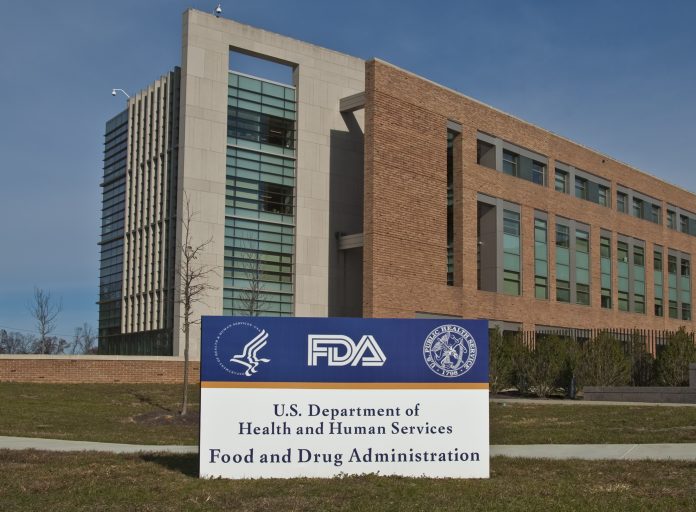
In February 2022, FDA officials stated that the agency is eager to resume inspections, including surprise inspections in India. On Thursday, 10 March 2022, the US Food and Drug Administration (US FDA) inaugurated its New Delhi and Mumbai offices to safeguard pharmaceutical exports from India. Pharma plant inspections appear to be on the rise again after a two-year break, as reflected by the recent inspection at Zydus Lifesciences on 10 March, and a warning letter sent to Aurobindo Pharma earlier this year.
The FDA may have a busy year in India as the backlog of redressals from prior inspections and pending plant and product applications grow. Previously, the total number of US FDA plant audits in India for medication quality assurance peaked at 239 in 2019. Before Covid-19, another 80 inspections were done in January-March 2020, and there were just five in 2021.
The surge in audit inspections could be a cyclical increase or could be linked to evolving standards in pharma manufacturing. In such waves, the ‘OAI classification’ of the inspected plants rises from 5-6% in a normal year to a high of 26%. OAI (official action indicated) – is the least favorable outcome from an inspection. VAI (voluntary action indicated) and NAI No action indicated are the better outcomes, as reported in a recent article in The Hindu Business Line.
Most pharma companies can expect inspections throughout their factories, given the two-year pause in activity. It is reported that Sun Pharma, Dr. Reddy’s, Cipla, and Biocon may be at reduced risk, while Aurobindo and Lupin may be more vulnerable, based on an examination of previous reviews and results.
Regulatory action is envisaged only in plant inspections that lead to OAI classifications, and new product approvals from these plants may be delayed. A warning letter is given if the faults mentioned in the inspection are not satisfactorily addressed.
After earning an OAI in November 2021, Aurobindo received a warning notice for its Unit 1 in January. In June 2021, Lupin received a warning notice for its Somerset, New Jersey factory. In September 2021, its Manideep Unit 1 received a warning notice.
Unit 4 of the Aurobindo sterile injectable facility acquired a VAI status, but because it has been two years after the decision, the sterile facility should also expect an inspection. In addition, OAI was received by Units 7 and 9 in January 2020 and May 2019, respectively, while a warning letter was received by Unit 11 in June 2019. As inspections make a comeback, all of these should be ready for more checks.
Biocon is subjected to routine inspections as part of the new product clearance process, but it typically does well. Sun Pharma’s Halol factory received an OAI designation in March 2020, although the company’s dependence on the unit has waned over time. Cipla had an essentially spotless record until February 2020, when its Goa factory got a warning notice.
According to knowledgeable sources in the industry, it will be interesting to see how Zydus Lifesciences and Dr Reddy’s fare in new FDA inspections. Most recently, Zydus Lifesciences received three observations for their injectable plant in Jarod, Gujarat.








